A pressure washer is not typically a necessity for a homeowner, but for some dirty tasks it is sometimes the only machine that is able to get the job done. When you consider purchasing a pressure washer you will want to start by asking yourself what types of jobs you need it for and how often you plan to use it. These answers can help determine what size or type of washer you need as well as how much you may want to invest.
Pressure washers or as some refer to them, power washers, come in two basic types – electric or gas-powered. Each type has its own features along with advantages and disadvantages. Within these two types of machines there are also options for variances in water pressure, types of attachments, capacity and of course price.
As the first in a series on pressure washers, this article will give you the basics of both gas and electric washers. We’ll explain the differences and similarities as well as things to look for as you begin your search. Later we will take a closer look with a separate article on the features of each, followed by some reviews and recommendations on specific models.
Determine Your Purpose
Whether electric or gas, all pressure washers are built for the same general purpose – to get things clean. When determining which type to buy it is important to take a look at what you plan to clean most often. While both are designed to generate water pressure gas models are typically chosen for harder to clean areas that require higher pressure. Think cleaning concrete, blasting landscaping bricks, or getting rid of driveway stains. Electric washers on the other hand have lower pressure so are used for lighter jobs such as washing cars, cleaning siding, or hosing off patio furniture.
Pressure washers are not small machines so you will also want to decide if the investment in one is worth the amount of time you will spend using it. They can also be rented at local hardware stores. So if it is something you will only use once or twice a year you may want to consider renting before you buy one to take up space in your garage or shed.
Once you have determined your main purpose for the purchase of a pressure washer you are ready to start deciding between an electric or gas model. Read on to find a basic comparison of the two and see which fits better into your needs.
Gas Powered Pressure Washers
Gas-powered pressure washers are most commonly used in commercial settings since they are more powerful and durable, but still have their place for household purposes. They are typically fitted with a commercial-grade engine and a heavy-duty system for pumping large amounts of water. While they are heavier and noisier this is likely because they are fitted with brass and stainless-steel components rather than rubber or plastic. They are harder to move unless equipped with wheels (which most models are) but are more portable because they do not require a cord for a power supply. Another less attractive component of a gas-powered washer is their manual, rope start.
Uses
As mentioned before, most gas-powered pressure washers are found in commercial settings where they get used and abused on all types of heavy-duty cleaning jobs. However, when used in a more residential capacity it can be used on smaller or larger jobs. They are typically used on dirtier tasks such as cleaning decks or even taking the finishing off deck boards. Their high pressure is perfect for cleaning stains out of concrete on sidewalks or driveways or removing sap or gum from landscaping or concrete walkways.
While they work faster at these tough jobs, gas-pressured washers are not a great choice for simply washing the car or cleaning outdoor furniture. The high-pressure can take off paint and other finishes if you are not careful with its use.
Safety
When using a gas-powered pressure washer, you will want to take extra safety precautions. Because of its highly intense water flow, these washers can cause high-pressure injection injuries if sprayed directly on the skin. It is important that only adults and capable users are handling these machines.
The high pressure of the water also poses a danger if it kicks up debris or other small objects. Rocks, wood, and other debris found in the yard and driveways can become dangerous projectiles that can cause injury to the user or those standing nearby. These projectiles may also find their way to windows or cause damage to house siding or the paint on your car as well. As long as safety measures are practiced these should not be a deterrent from purchasing a gas-powered washer.
Maintenance
The life expectancy of a gas-powered pressure washer is longer if frequent and proper maintenance checks are performed. Unlike an electric washer, those that use gas will require a routine oil and air filter change. It is suggested that oil is changed at least once every 3 months to once per year, depending on the frequency of use.
It is also important to check hoses and fixtures to make sure everything is tight and in proper working order with no rusting or wear. Worn out attachments should be replaced immediately. It is also important to winterize the water pump with anti-freeze during cold months, especially if your machine is going to be stored in the garage or shed.
GPM
GPM or gallons per minute refers to the amount of water your pressure washer is capable of blasting. When it comes to gas or electric, the GPM is nearly the same. Typical gas-powered types deliver a pressure of over 1.5. If you are willing to spend a little more for a higher end model you can expect to experience 2.5 to 4 GPM.
PSI
Another feature that sets a gas pressure washer apart from an electric is the amount of PSI or pounds per square inch of water pressure. The majority of residential-use models produce around 2,800 PSI which is double that of most electric washers. Even the lower-end gas models perform at higher pressure than electric at 2,000 – 2,5000 PSI. If you are looking for something with a lot of power, there are some higher end gas machines that reach up to 4,000 pounds or more. These of course also fall into the higher end price range.
Price
Prices for a gas-powered pressure washer vary depending on pressure, features, and even your location. Most models run between $200 to $500. More commercial grade models can be as much as $800-$1000.
Electric Pressure-Washers
While the power of electric pressure washers might pale in comparison to their gas counterparts, there are still lots of advantages to choosing an electric model. On the surface they are much lighter and easier to use. Simply plug them in, hook up the water supply and you are ready to go. They are smaller and more compact, making them easier to move and more convenient to store.
Electric pressure washers are constructed of mostly plastic and steel components. While this makes them more susceptible to damage it also makes them lighter and keeps them at a more affordable price. They are not quite as portable as gas models as they need a source of electricity to run. But they are also better for indoor use as they do not emit any fumes from exhaust.
Uses
While an electric pressure-washer can serve many of the same functions as a gas-powered model it may not get the job done as quickly or as efficiently. However, it is still useful enough to clean decks or siding, and even a driveway if you aren’t dealing with a lot of stains or stuck-on materials.
Electric models are perfect for smaller items such as grills, patios furniture, and bicycles. They are also more ideal for cleaning a car since the lower pressure doesn’t pose the hazard of peeling paint. Homeowners with pools find them useful for cleaning the deck area and they are also great for cleaning composite decking that doesn’t require a lot of scrubbing or pressure. Most electric washers come equipped with attachments to make them more powerful as well.
Safety
It’s difficult to find many safety concerns with an electric power washer. Of course, it should never be sprayed directly at someone as it could cause minor lesions or irritate the eyes. However, they do not create enough power for high-pressure injection injuries.
Due to their light weight they are easy to move around without injuring the back and are quiet so no worry of ear damage during use. While the worry is minimal here, there are also no exhaust emissions so they can be used in an enclosed garage with no harmful fumes.
Maintenance
One of the most attractive features of an electric pressure washer is its ease of maintenance. They are virtually maintenance free since they don’t require any oil, gas, special features, or starting mechanisms. When you are ready to use it all you need to do is take it out, plug it in, pull the trigger and you’re ready to clean. No priming or start-up process required. And when you’re done simply unplug, roll up the cord, and put it back in its place. The only thing that may need to be upkept is some hoses, fittings or attachments that get regular wear.
GPM
The gallons per minute that are pumped through an electric pressure washer are relatively similar to those of a gas powered one. Most models come in at around 1.4 GPM, with the highest end being about 1.5. You won’t find an electric model higher than this. Cheaper models, however, can be lower.
PSI
The PSI, or pounds per square inch of an electric power washer are much less than that of a gas-powered one. This is simply because most models are equipped only with a 15-amp electric motor which does not provide much power. The PSI of one of these washers is typically right around 1500-1800.
Price
Another advantage of choosing an electric power washer is its price point. They are often much cheaper than gas-powered because they are constructed of more plastic and less durable materials. To some this makes them seem lower in quality as well. However, if you do not plan to use it on a regular basis and just need it for smaller jobs, the price of $90 – $200 is ideal.
In conclusion
When it comes to choosing a pressure washer it really comes down to how it is going to be used. Electric models are perfect for light use while tougher, dirty jobs might require something gas-powered. After weighing each of the advantages and disadvantages you will have to decide which best fits your needs and price range.
Also, look for more specific information in our future articles on pressure washers of the home.

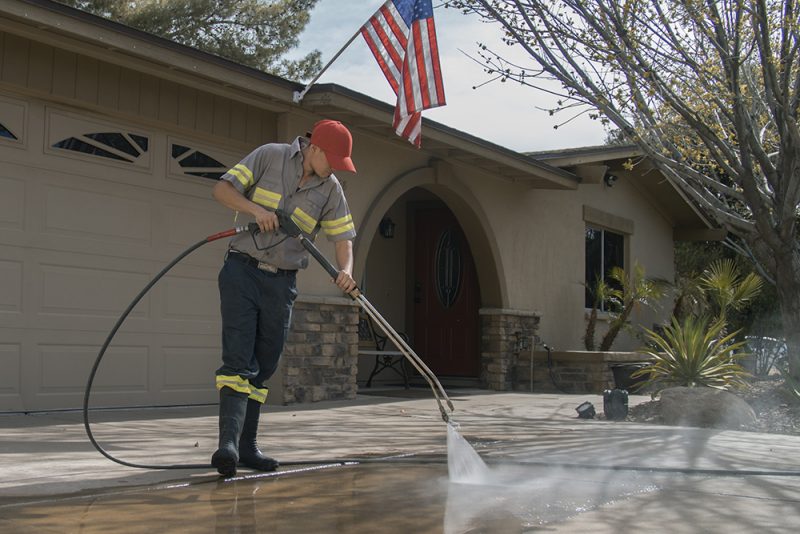
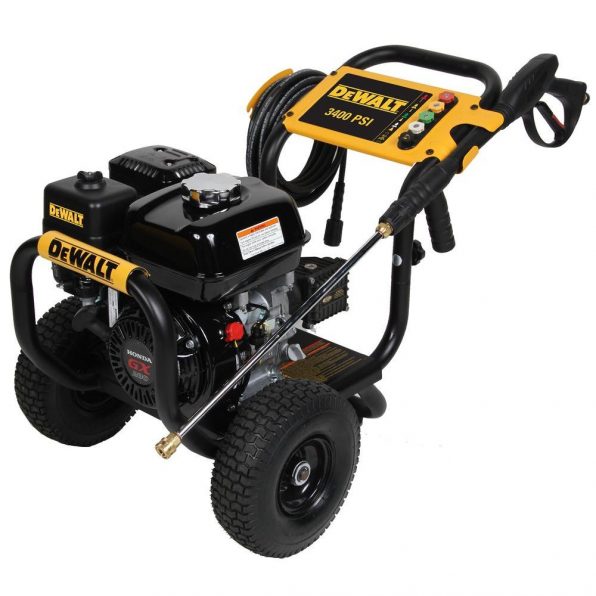
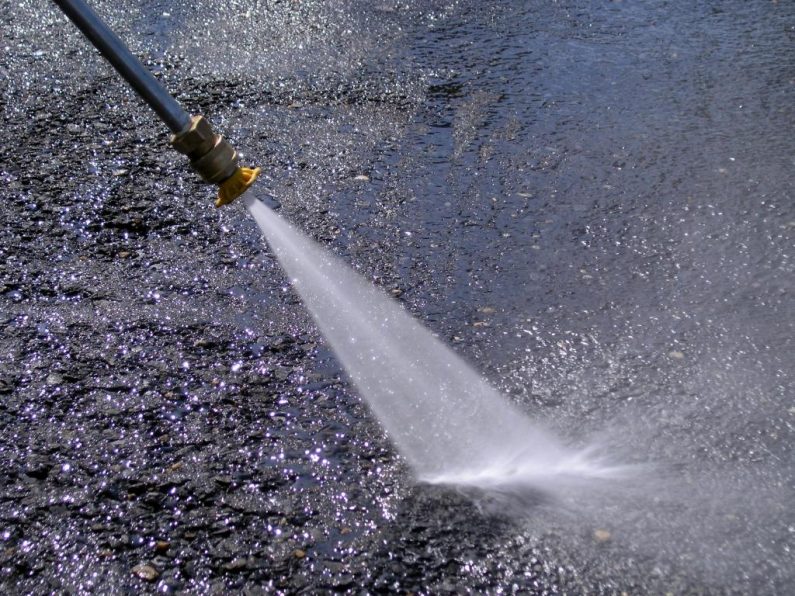
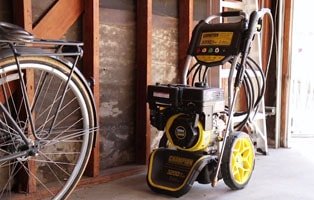
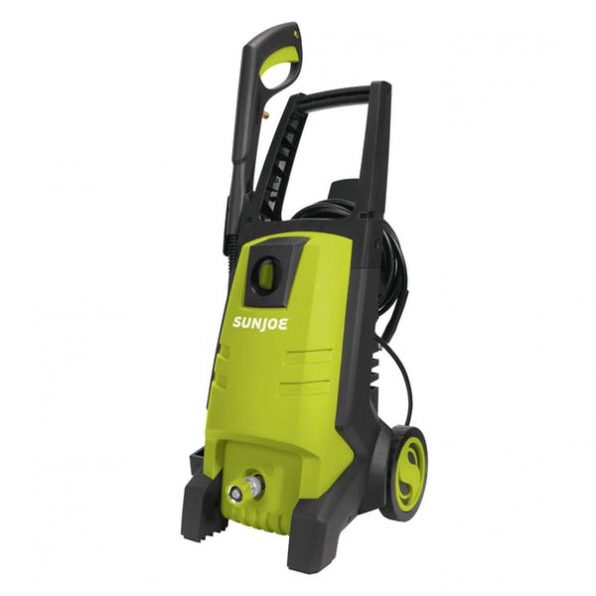
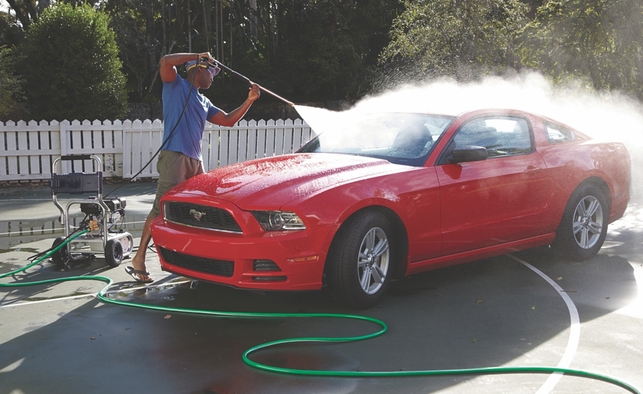
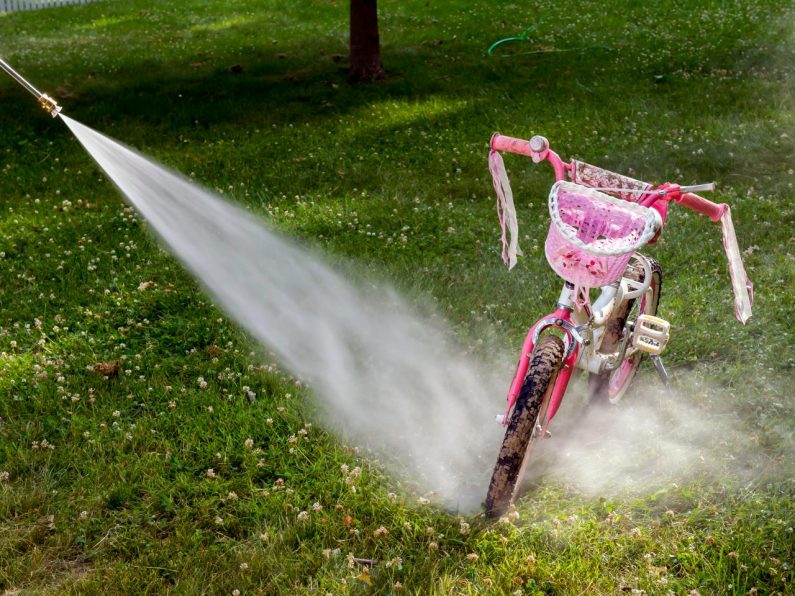
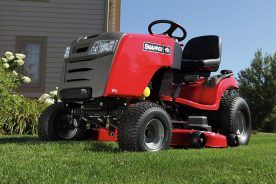
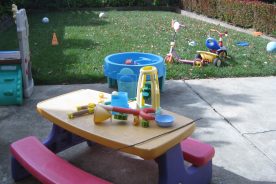
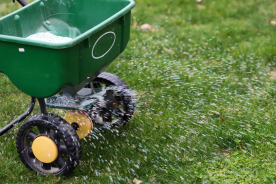

No Comments